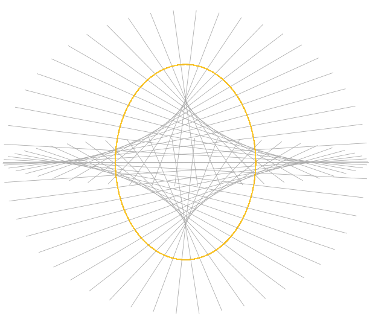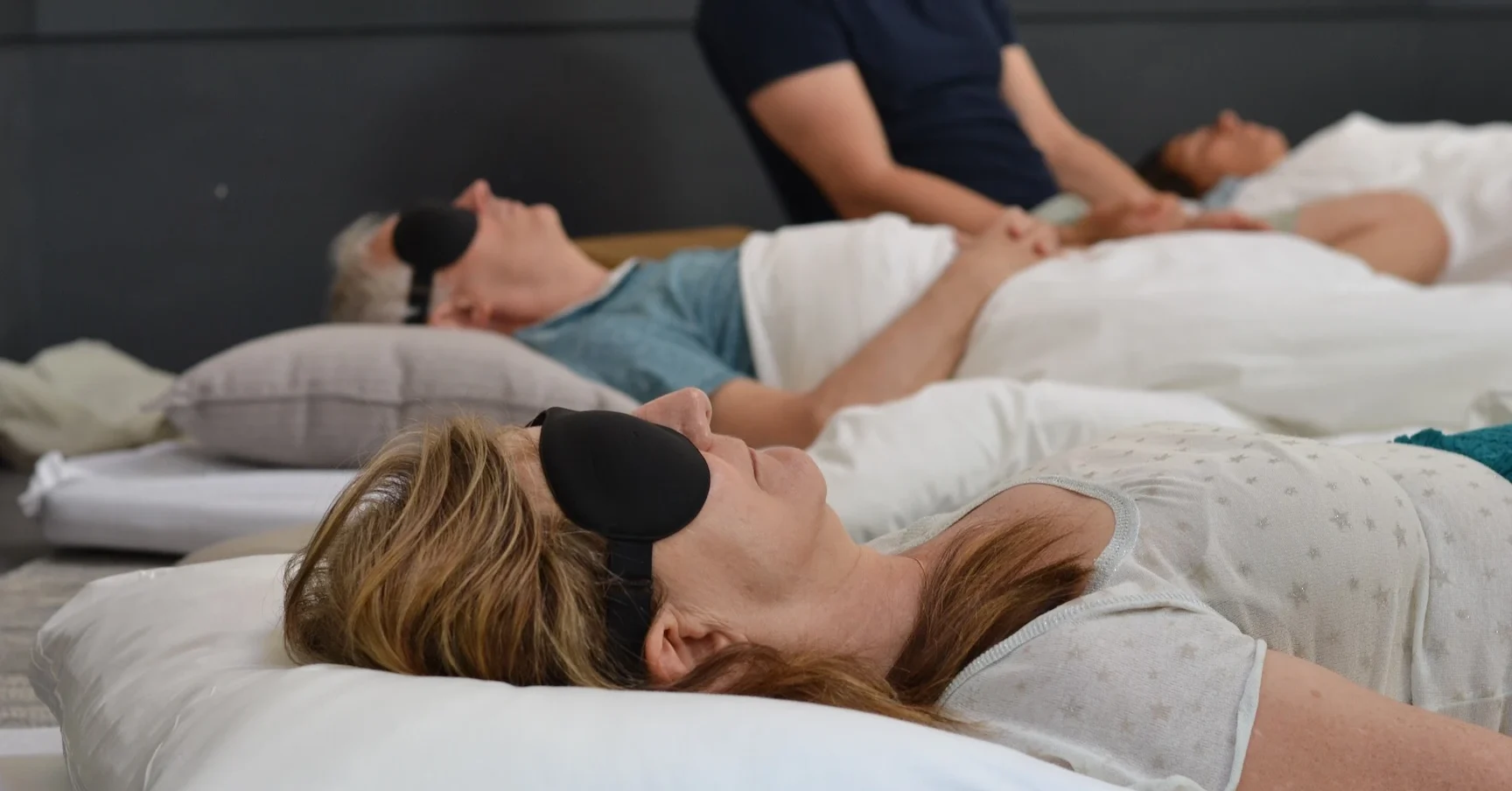In this video, Dr. Martha Havenith and Dr. Abdellatif Nemri explore with Evolute Institute’s co-founder Dr. Dmitrij Achelrod the mechanisms of how breathwork can help us on our journey of healing and becoming more whole. They dive into the biological and neuroscientific mechanisms of breathwork and how it affects the mind and body.
In this episode of the Evolute Expert Series, hosts Mara and Abdul Latif explore the profound impact of breathwork on inner growth, healing, and transformation. Dr. Martha Havenith, a neuroscientist at the Max Planck Institute, and Dr. Abdellatif Nemri, a neuroscientist and CEO of the neuroscience startup 3Dneuro, share their dual expertise in science and breathwork facilitation.
Reconciliation of Two World Views
The conversation delves into how breathwork serves as a bridge between materialist science (neuroscience) and spiritual practices, reconciling seemingly opposing worldviews. Martha emphasizes that embodied experiences are crucial for processing trauma and that breathwork offers a way to access these experiences directly, often leading to significant emotional and psychological breakthroughs.
Historical Roots of Breathwork
They discuss the historical roots of breathwork, distinguishing it from ancient practices like pranayama and highlighting its rather recent development in the 1970s.
The Neuroscience of Breathwork
The interview covers the physiological and neurological changes induced by breathwork, such as altered states of consciousness and potential DMT release.
Importance of Preparation and Integration
Martha and Abdel underscore the importance of preparation and integration in breathwork, akin to psychedelic-assisted work. They stress the need for proper facilitation, extensive training for facilitators, and ensuring a safe space for participants, especially those with trauma.



